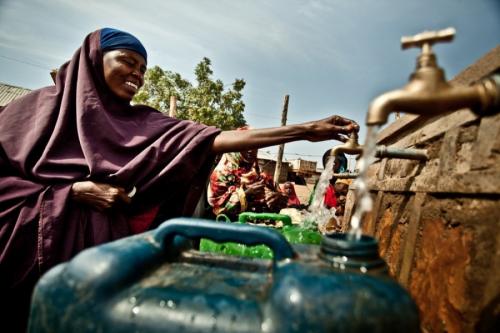
There has been a well established recognition in the valuable contributions of religious institutions in communities’ development. The main mission of those institutions though is delivering spiritual services to their respective followers, concurrently; they have been playing vital roles in communities’ development in terms of provision of humanitarian assistance, expansion of health and educational institutions.
In the same way, Ethiopian religious institutions have been participating in various community-based development activities. Ranging from expanding educational and health institutions to accessing potable water and provision of humanitarian assistance, as well as prompting volunteer works, the institutions have been supporting country’s development thereby reducing the levels of poverty.
Religion and community development have correlation and they are components that cannot be separated, said Mesud Adem Public Relations and Documentation Directorate Head with the Ethiopian Inter-Religious Council.
When development is expressed from the context of religion, it is broad, holistic and covers a wide range of issues. Simultaneous to spiritual development, it encompasses human, environmental, ecological, social, economic, technological and other similar development activities.
In view of this, hence, development should not only be material oriented but it should also embrace humanitarian aspects; and the outcome has to benefit the community positively. In this regard, the religious institutions of Ethiopia have been taking part in various development undertakings, in collaboration with stakeholders, the Head said.
Ethiopian religious institutions have their own development wings: spiritual and development. In the development wing, further than providing humanitarian assistance, they promote the moral obligation of work and insist their congregation to work and develop only through engaging in income generating activities. They also encourage on the value of hard work. Most importantly, they teach all citizens of the country to support every development program prevailing in the country either by the government or non-government organizations.
Even, there is a case which leads to conflict, the institutions teach to solve it in more peaceful manner rather than obstructing the ongoing development.
Continue to original article – here.
